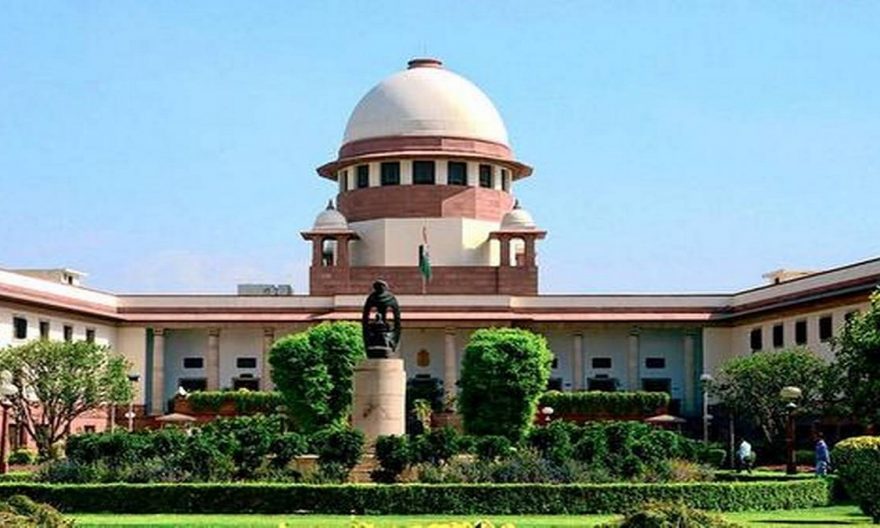
The Supreme Court in the case Rishi Pal Singh vs New India Assurance Co Ltd observed that an owner of a vehicle cannot be expected to verify the genuineness of his driver’s licence if he was satisfied about his driving skills.
The bench comprising of Justice Hemant Gupta and the Justice Vikram Nath observed that the owner of the vehicle is expected to verify the driving skills and not run to the licensing authority before appointing a driver, to verify the genuineness of the driving license.
In the present case, In the motor accident claim case, a truck met with an accident and the owner of the truck deposed that before employing the driver, he had taken his driving test and was driving the vehicle satisfactorily. It was also stated by him that the driver was employed with him for 3 years before the date of the accident. He further stated that the driver from Nagalandhad a driving license but the same was not produced and after finding that the licence of the driver was fake, an award was passed by the Motor Accident Claims Tribunal, granting liberty to the Insurance Company to recover the awarded amount from the owner along with up-to-date interest. The appeal filled by the owner was dismissed by the Delhi High Court.
The Owner contended before the Apex Court that the owner has no means to verify the genuineness of driving license produced before him. That, he had taken test of the driver before employing him and before employment he has taken sufficient precaution.
While taking note of this contention, the bench observed that if the owner has stated that driver had produced the driving license from Nagaland but no such license was produced on record, it is obviously a mistake on the part of the owner.
Therefore, such aspect cannot be used to grant liberty to the Insurance Company to recover the amount from the owner when the driving license actually produced by the claimant themselves was from Una, Himachal Pradesh. It may be stated that the principle falsus in uno, falsus in omnibus is not applicable in India. However, even if a part of the statement that the driver has produced the license from Nagaland is not correct, it is wholly inconsequential.




